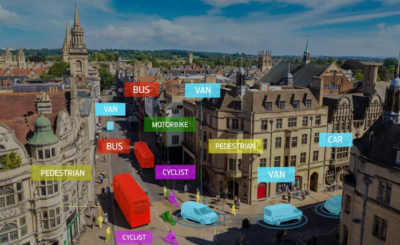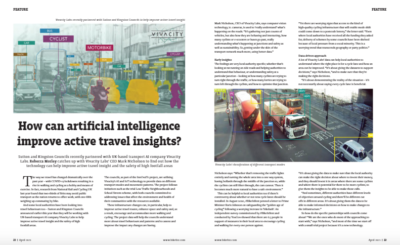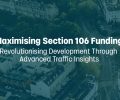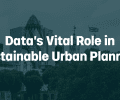Covid-19 is speeding up the changes to our transport networks, writes Mark Nicholson, CEO of VivaCity
Artificial intelligence is paving the way for cities to transform into smarter and more efficient places to work and live. Triggered by the pandemic, cities are now undergoing a, some might say long overdue, revolution in the way they are structured, managed and maneuvered. From socially distanced walkways to decreased public transport use, city life is adapting to a new normal. Commuters are changing the way and time they go to work, buses are reducing their capacity and service, and more cyclists are taking to the road.
Technology driving the revolution
In order for cities to manage these changes, technology is key. A smart city requires a huge range of technologies working in tandem with one another in order to stay interconnected and communicate problems and solutions. The evolution of the smart city, with regards to travel specifically, revolves around three key areas: better data about roads, real-time control systems for existing infrastructure, and the future intersection of vehicle and fleet technologies with infrastructure.
Read the full article on Smart Cities World to read the full article.









